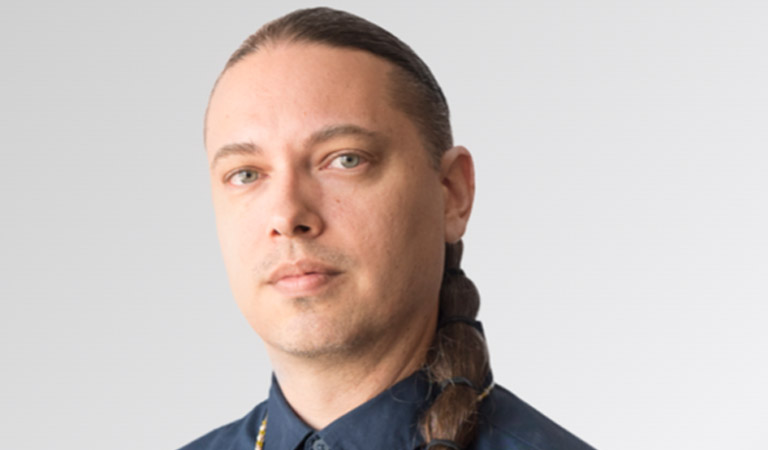Book Talk with Dr. Charles Sepulveda– “Native Alienation: Spiritual Conquest and the Violence of California Missions“
November 13, 2025 4:15–5:30 p.m.

Location
Shanahan Center, Drinkward Recital Hall
320 E. Foothill Blvd.
Claremont, CA 91711
Contact
Alfred Flores
alflores@hmc.edu
Details
Focusing on the region currently called California, ethnic studies professor Charles Sepulveda examines the ghosts of missionization, colonization and dispossession—the “afterlife” of violation. No longer shrouded with misnomers like “progress” or “religious conversion,” he calls out their true name: genocide and enslavement, enacted with unimaginable violence by Spanish priests and soldiers in the name of spiritual and physical possession. Sepulveda points out that while resistance, survival and empowerment run like a thread through California Indian history, it has come with a price: whatever empowerment we gain, we cannot walk away as if unscathed by such a history, but must carry it with us, acknowledging what has been irreparably lost and what must be reinvented. To ignore it is to ignore colonization, which continues to dispossess California Indians of our sovereignty and human-land relationships.
Speaker
Charles Sepulveda studies California Indian histories with a focus on the mission system’s enslavement of Native peoples and their resistance. He earned his PhD in ethnic studies at UCR and held previous appointments at Cal Poly Pomona and the University of Utah. He received the Sacred Places Institute for Indigenous Peoples’ Land Rematriation Fellowship and the Ford Foundation Postdoctoral Fellowship. Sepulveda’s first book, Native Alienation: Spiritual Conquest and the Violence of California Missions, was published by the University of Washington Press in 2024. His article, “Our Sacred Waters: Theorizing Kuuyam as a Decolonial Possibility,” offered guests the opportunity to radically alter their relations to place. Sepulveda is a board member of the Acjachemen Tongva Land Conservancy, the Tongva Taraxat Paxaavxa Conservancy, and Sacred Places Institute for Indigenous Peoples.